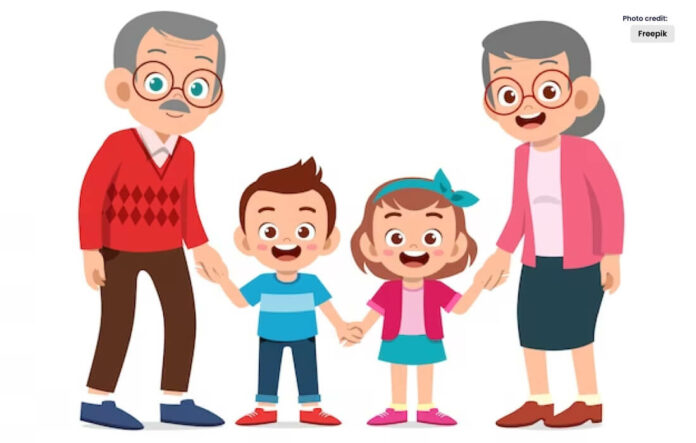Who face bad situations in childhood suffer health problem in old age.
Researchers say that people who face difficult situations in childhood are forced to suffer health problems in old age, especially children who are exposed to violence, may suffer from serious problems in old age.
According to the details, scientists already knew that a difficult childhood can lead to health problems in young or old life, but for the first time, UC San Francisco researchers have linked early life experiences to long-term survival. Have successfully tried.
Researchers believe that Americans who have had traumatic experiences and violence in childhood are more likely to experience physical and mental problems in their later years, especially in old age. Similar childhood adversities include physical abuse, severe illness, and economic stress.
Children who have been separated from their parents may also face difficulties in later adolescence and adulthood, but this involves much of the thinking and process of the human mind that continues through childhood and beyond.
How did man understand these difficulties and what conclusions did he draw from them?
Alison Huang, a renowned researcher and professor of medicine, says that whenever we face mental problems, we must find problems arising from childhood. Difficulty walking in old age and difficulties in daily activities are its main symptoms.
He said that some people who suffer from difficulties and problems in childhood, they also continue to suffer from memory problems in their 60s, 70s or 80s and even beyond. If you do not face or have a happy childhood, such problems are relatively less.
The Crucible of Childhood
Our formative years provide the groundwork for the rest of our life. It is a period of intense physical and emotional growth, setting the foundation for coping strategies, relationships in the future, and general mental health.
When dread and unhappiness poison this foundation, the effects can reverberate through the years, becoming more noticeable as one ages.
- Decline in Cognitive Function: The Quiet Effect
Cognitive deterioration is one of the major effects of a scared upbringing on aging. According to research, people who were exposed to trauma or prolonged stress as children may be more vulnerable to cognitive decline as adults.
Continuous stimulation of the stress response system may lead to anatomical alterations in the brain that impact cognitive function, memory, and decision-making.
- Emotional Challenges: Handling the Unsteady Seas
Early experiences are closely related to emotional well-being. A fearful and miserable upbringing can lead to an increased susceptibility to stressors, increasing an individual’s risk of developing anxiety, depression, and other emotional problems as they get older.
Resurfacing of unresolved trauma can make it more difficult to sustain mental health in one’s golden years.
Breaking the Cycle
Although a scared upbringing can have a significant negative influence on old age, this is not a predetermined fate.
Interventions and networks of support targeted at childhood trauma are essential in releasing people from the bonds of their history.
Counseling, community support, and therapeutic approaches can offer pathways to healing, enabling people to change their story and welcome a more positive aging experience.
- Healing the Injuries
Therapy approaches like trauma-focused therapies and cognitive-behavioral therapy (CBT) provide ways for people to analyze and make sense of their early experiences.
These techniques enable people to create coping strategies, alter harmful thought habits, and cultivate resilience in the face of adversity.
- Community Assistance
One can never overestimate the importance of community support. Creating relationships with those who have gone through comparable struggles gives one a feeling of acceptance and comprehension.
Whether they meet in person or virtually, support groups provide a safe environment for people to talk about their experiences, trade coping mechanisms, and take comfort in the knowing that they are not alone in their quest for recovery.
Also read this: Understanding the Complexities of Children Behavior




